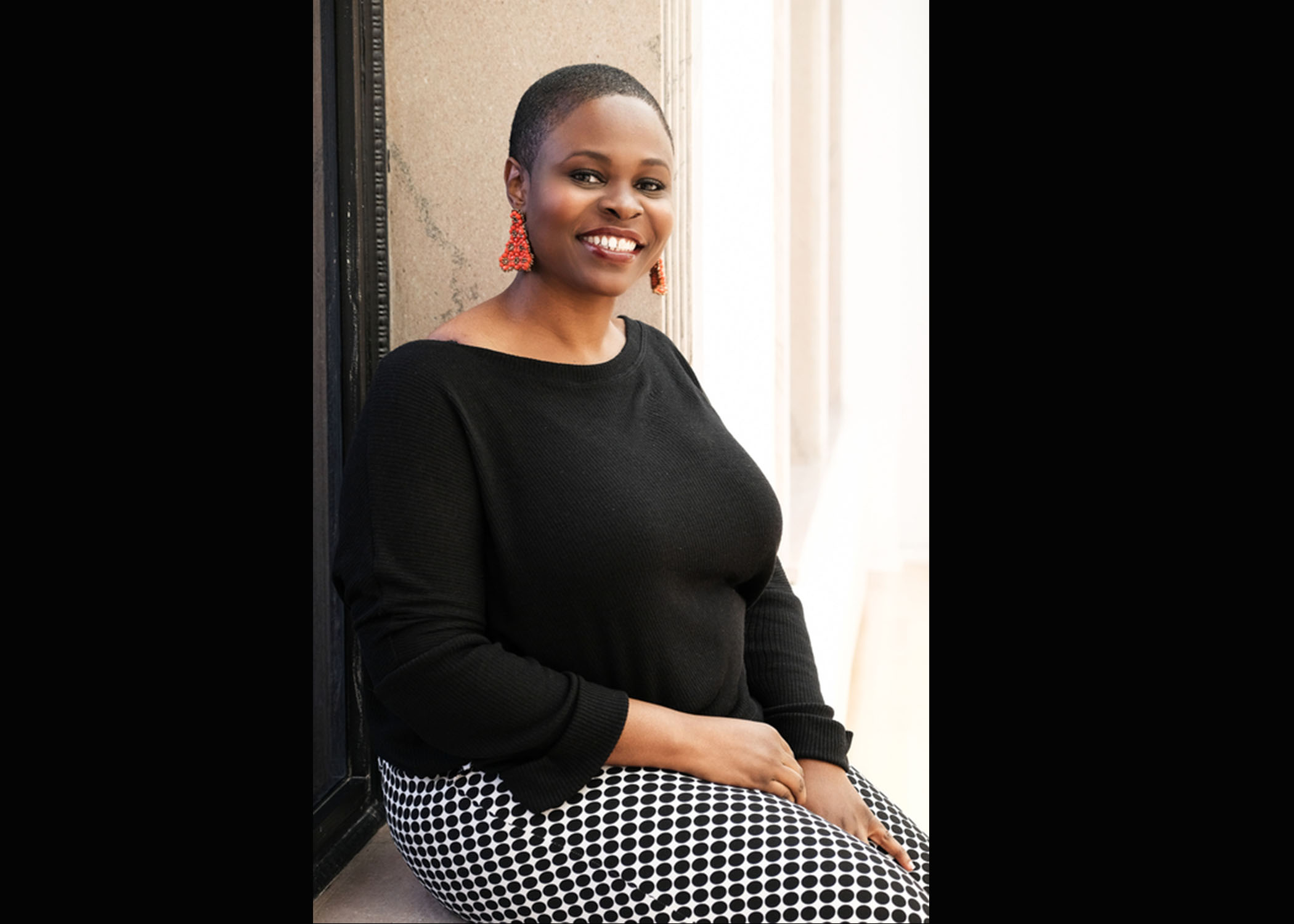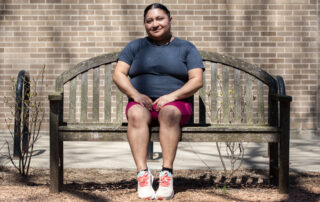For many years, Sagashus Levingston felt like she was faking motherhood. The women she knew looked nothing like the mothers in books and on TV, and she felt like she was constantly failing to live up to what other people thought she should be. Rather than keep trying to change, though, Levingston decided to change the story with a group she called Infamous Mothers.
“I come from four generations of sex workers,” says Levingston. “I knew that that wasn’t for me but I still found myself engaging in risky behavior. I had all of these children and I didn’t have the self esteem to protect myself.”
It was something she knew she had to overcome to be a better role model for her children. She remembers seeing her daughter taking care of her siblings and making them dinner but not leaving enough to feed herself.
“I saw what was happening and knew that I needed to change something,” says Levingston. “My daughter wasn’t taking care of herself and my boys were taking advantage of that.”
Levingston’s graduate research at University of Wisconsin- Madison gave her insight into motherhood and mothering. It also revealed what was missing.
“I didn’t see stories like mine,” explains Levingston.
She discovered that the women who were damaged most by mothering narratives were women like her: women who came from impoverished backgrounds, women who had used drugs, women who had worked in the sex industry. Levingston thought she could create a space for women like her to share their stories. Infamous Mothers is the result.
Levingston grew up on the south side of Chicago surrounded by a community of women.
“I grew up around amazing women. Where I come from, the mothers are tough. Tough was their love,” says Levingston. “Their love matched the intensity of the environment.”
Infamous Mothers empowers women from marginalized backgrounds to see themselves as agents of social change and social power. Levingston chose the name “infamous” as a way to represent the good and the bad in women and to reclaim the name.
She’s been blown away by the response to her group.
“There’s something really humbling in carving out a space for yourself and having other women say, ‘that fits me, too,'” says Levingston.











